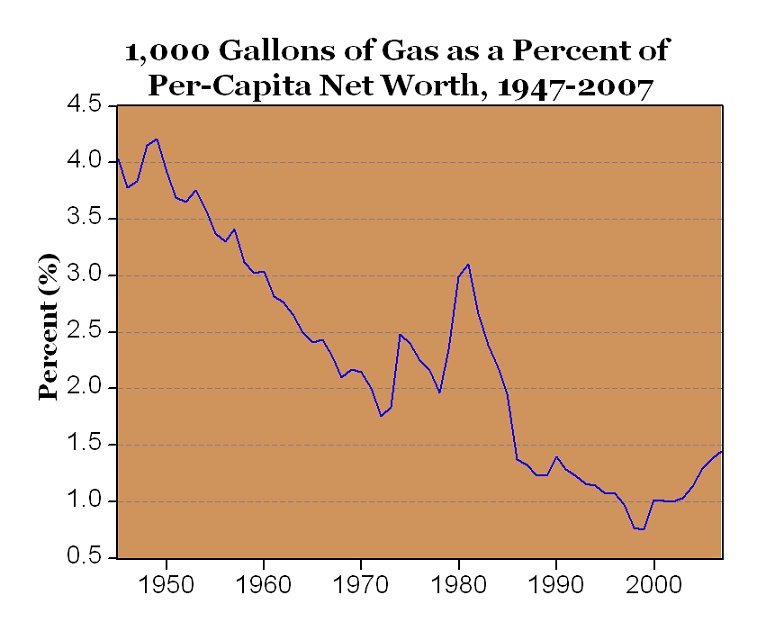A December 18 legal analysis by attorney Todd Tatelman for the Congressional Research Service concludes that "because the language of committee reports do not meet the procedural requirements of Article I of the Constitution -- specifically, bicameralism and presentment -- they are not laws and, therefore, are not legally binding on executive agencies." In plainer English, this means committee reports have not been formally passed by both houses and "presented" to the President for signing.So, the President can sign the spending bill, but since the earmarks aren't actually in the bill he is not constitutionally required to spend on the earmark projects.
In a way, this exposes just how corrupt Congress is these days. Congressional leadership allows individual members of Congress to pick projects that spend dollars taxed from us for the benefit of friends, family, and contributors, and the means of doing this is to hide the projects from public view and probably even the view of other members of Congress. But in doing things this way Congress seems to be acting outside the Constitution. If the President chooses to actually spend on the earmarked projects, then it appears to me that the President will become a participant in the corrupt acts of Congress, and that the President will also be acting outside the bounds of our Constitution. If both the Legislative and Executive branches of government seek to exercise power outside Constitutional bounds, then doesn't this suggest that our government may be unjust as well as corrupt?
